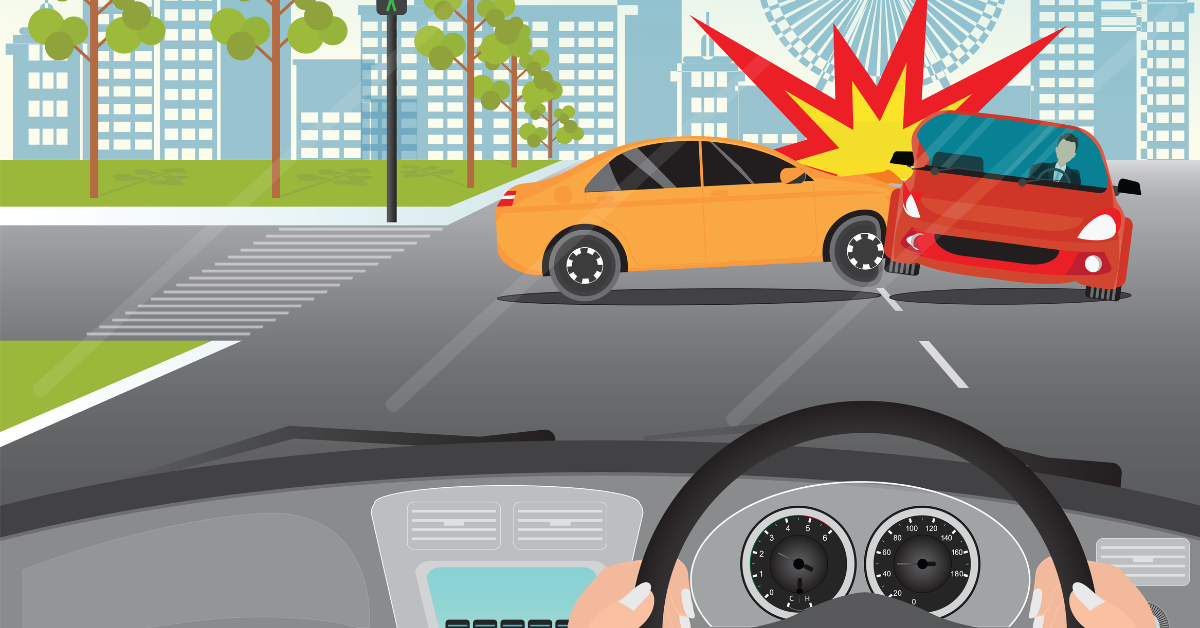The Psychology of Road Rage: Strategies for Maintaining Calm and Composure

Strong8k brings an ultra-HD IPTV experience to your living room and your pocket.
Driving can be as stressful as it is exciting. Whether you’re stuck in slow-moving traffic or navigating cramped city streets, overcoming such driving challenges can cause a lot of frustration and anger. When this anger and frustration boil over and affect others on the road, it can lead to road rage. Road rage can be defined as an intense and aggressive reaction to annoying behavior or perceived slights from other drivers. It can turn a seemingly simple, routine journey into a testing and emotionally taxing experience. Driving school teach their students various driving techniques and road etiquette. However, managing road rage isn’t a subject taught in schools or handled by driving instructors.
Road rage is not just about getting angry while driving or driving recklessly. Other factors like personal stress, thinking biases and physiological processes also affect drivers’ behavior and instigate their anger. Identifying and understanding these factors can help control and manage road rage. Let us delve into the psychology of road rage, explore its causes and impact, and discuss strategies to remain calm and focused while driving.
Table of Contents
Understanding the Psychology of Road Rage
Before we discuss the strategies to maintain your composure on the road, we must first understand the psychology behind road rage, its causes, and the effects it has. Although it may come across as sudden, road rage is not just an impromptu outburst of anger. It is usually the result of stress, frustration, and other factors.
Often challenging situations, reckless behavior, and individual conditions trigger an uncontrolled emotional response from the drivers. These situations range from running late for an important meeting or having a bad day at work to unexpected and lengthy traffic delays and seeing others drive carelessly. When faced with these tough circumstances, most people tend to lose control of their emotions. Their annoyance, frustration, and anger often manifest in their driving behavior making them reckless and unfocused on the road. Personality traits, mental health conditions, or previous traumatic experiences can also make you more prone to road rage.
The most common thing that people do is tailgating, speeding, hogging the middle lane, overtaking others, etc. While these actions may not sound very high-risk or dangerous, they can often lead others to lose their focus and cause collisions, traffic delays, or chaos on the road. Indulging in reckless behavior or road rage is not just risky but also illegal. It can lead you to face serious legal recriminations. Maintaining a calm and laidback attitude even during testing circumstances is the only way to counter road rage. However, staying calm amidst a turbulent situation is easier said than done. It requires one to master their emotions and control their behavior. Nowadays, more driving schools are including self-control and coping mechanisms in their driving lessons.
Strategies for Maintaining Calm and Composure
Let us look at some strategies to keep yourself calm and composed when driving to avoid road rage:
Identify and Manage Your Triggers
Not every driver behaves recklessly when faced with tough or frustrating circumstances. But those who do, are usually reacting to stress and frustrations that magnify small irritations into full-blown outbursts of anger. To control such reactions, they must identify their triggers and the ways to deal with them.
Using Relaxation Techniques
Once you are aware of your triggers, you can try some strategies to control yourself and remain calm and focused. You can use relaxation techniques like deep breathing exercises, muscle relaxation techniques, visualization, or mindfulness exercises. Try different things to calm your mind and find what works best for you.
Avoiding Aggressive Behavior
It is hard to always rein in your anger and there might be times when you fail. But even if you get angry, try to avoid behaving aggressively. If you feel your anger getting the best of you, try to refrain from offensive driving behaviour like tailgating, honking unnecessarily, or shouting at others. Keep a safe distance from other vehicles at all times to avoid collision.
Changing the Way You Think
Try to develop a positive mindset and a laidback attitude. Instead of blaming others, try to give yourself positive affirmations and increase your self-confidence. If you get negative thoughts about other drivers, try to empathize with them by looking at the scenario from their point of view. Instead of getting worked up about things you cannot control, try to focus on your goal of safe driving. Practicing such reaffirming thoughts can help you change the way you think and develop a positive mindset.
Conclusion
Staying calm and collected when driving can make your journey an enjoyable experience. Despite getting irritated and annoyed at the situation or the behavior of other drivers or pedestrians, you must try to keep a level head and avoid any reckless behavioor. Driving school like Onroad teach their students various methods to stay calm and focused on driving safely in all circumstances. Road rage is a response to something that triggers you and causes uncontrollable anger. However, by using the above strategies you can maintain your composure and avoid reckless and unlawful behavior on the road.
Source Link
Note: IndiBlogHub features both user-submitted and editorial content. We do not verify third-party contributions. Read our Disclaimer and Privacy Policyfor details.







